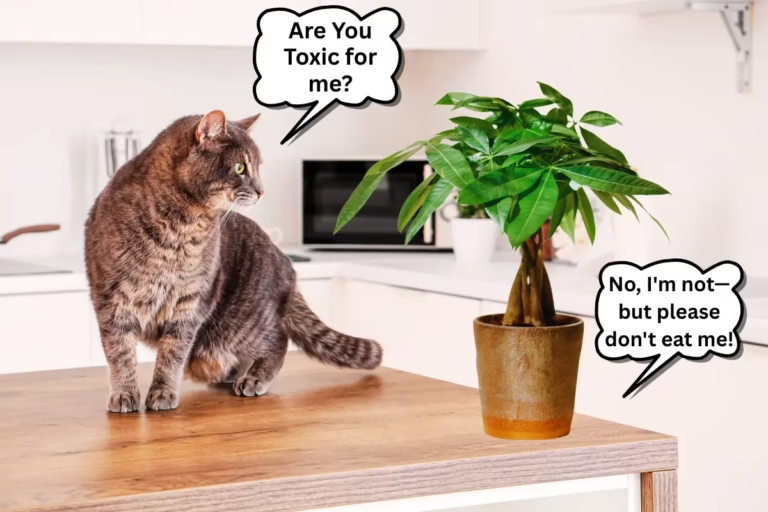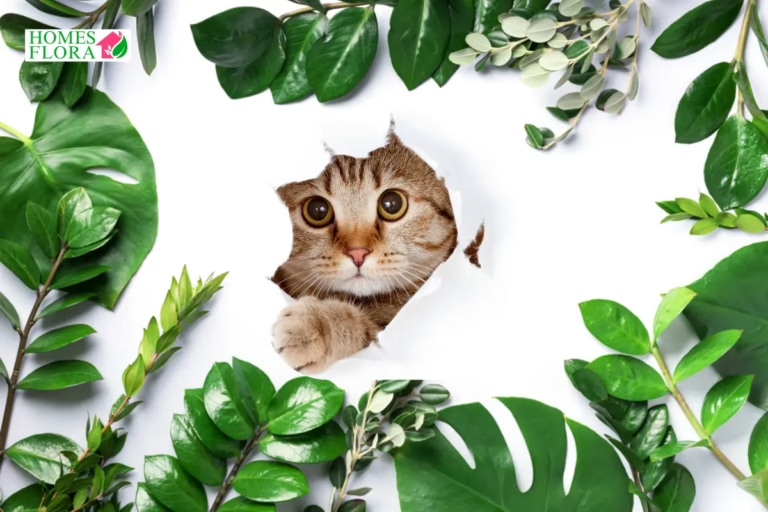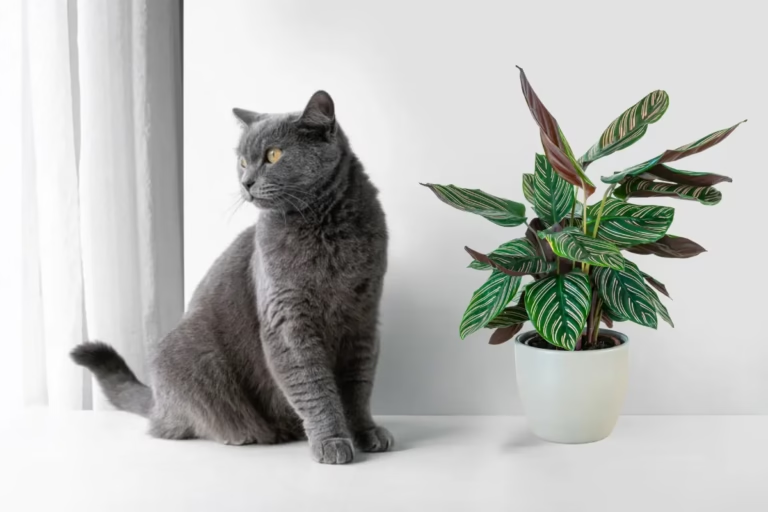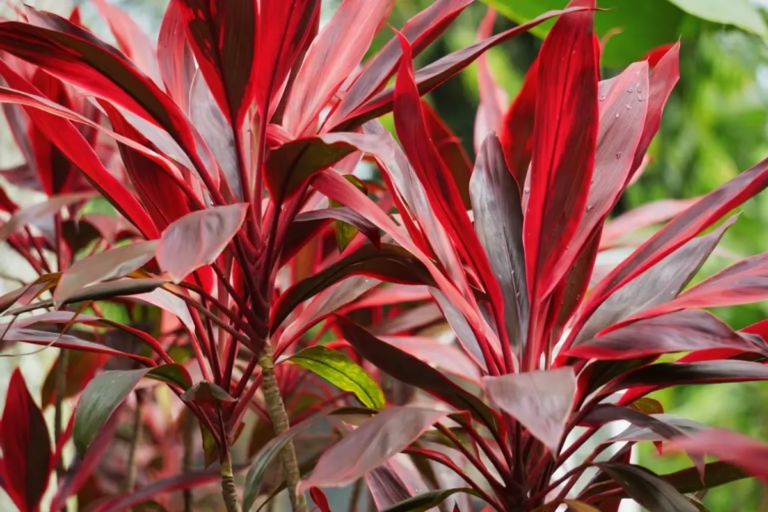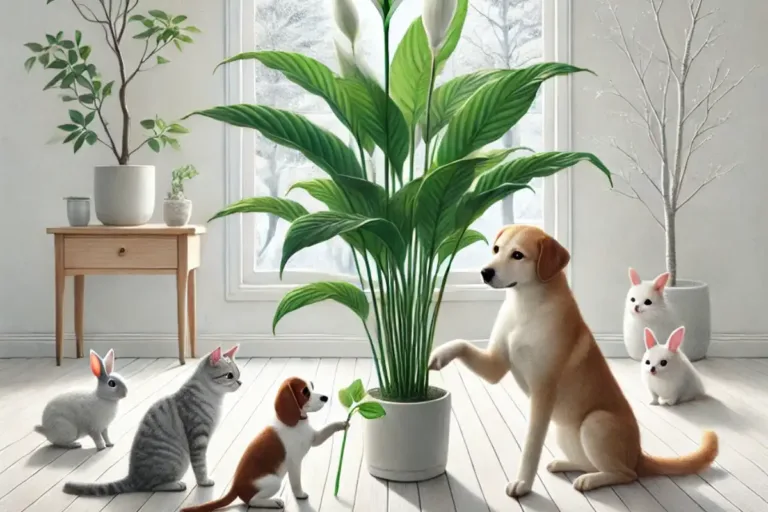Are Carnations Toxic to Cats? Ultimate Guide for Pet Owners
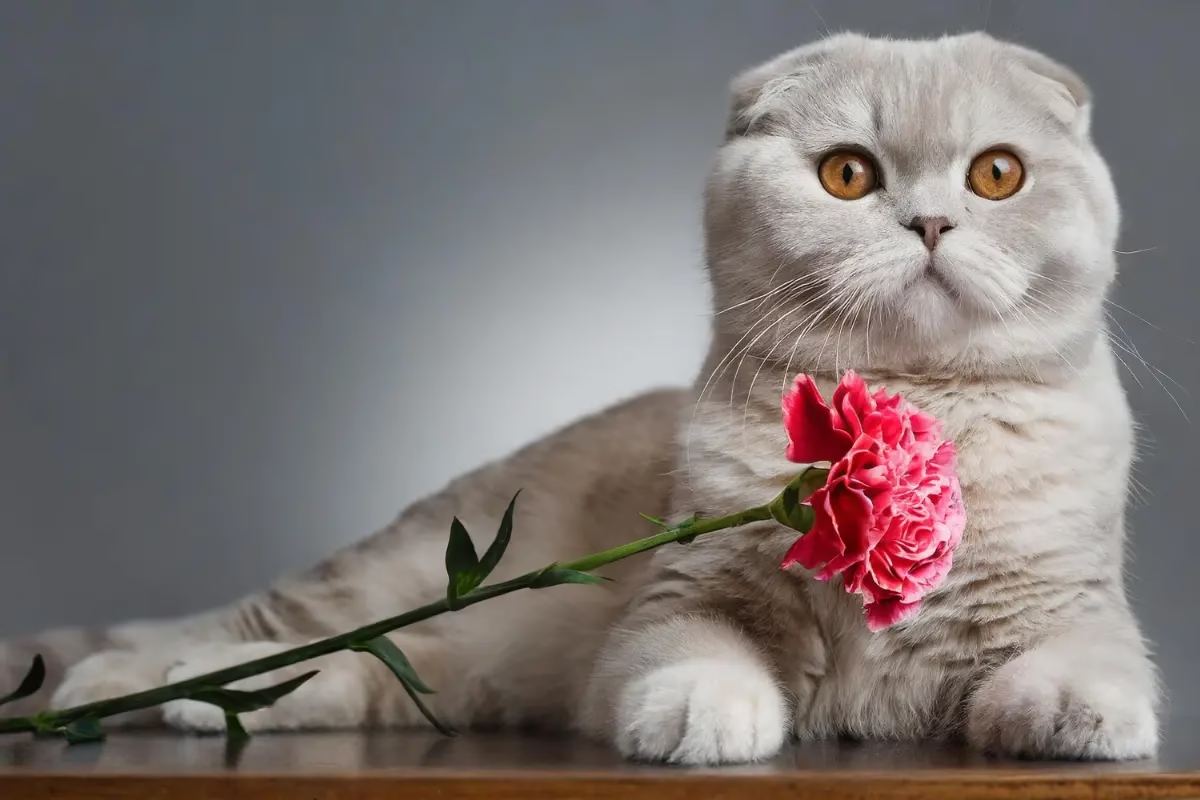
Cats often become obsessed with plants, nibbling a leaf or flower in the garden, leaving many worried. A responsible pet parent and owners may feel sick as pets keep exploring, starting a journey to unravel the mystery of carnations and their impact. We dive into scientific research, consult veterinary experts, and learn to diagnose, treat, and recover provides clarity on the topic. With knowledge, better decisions about flowers in homes are made. Being aware of potential risks helps every pet owner minimize hazards and keep a safe environment for furry friends.
It is vital to sift through petals of information, separate fact from fiction, and seek answers to the question of whether they are toxic. In truth, dogs, horses, and even a carnation may react—its mild toxicity shows essential symptoms such as gastrointestinal or dermatological issues, so they must be placed in an area out of reach.
Quick Answer
Yes, carnations are mildly toxic to cats. Eating any part, including petals, leaves, or stems, can cause vomiting, diarrhea, or skin irritation. It’s best to keep them out of reach or choose a safer way to enjoy pet friendly flowers like roses or orchids, ensuring your furry friend stays happy and healthy.
What is Carnation?
The Carnations, also known as Dianthus caryophyllus, are flowering plants that trace their native roots to the Mediterranean region, yet today they are widely cultivated worldwide for their ornamental value. As part of the genus Dianthus in the Caryophyllaceae family, they are renowned for their attractive ruffled blooms and vibrant colors such as pink, white, red, yellow, and purple.
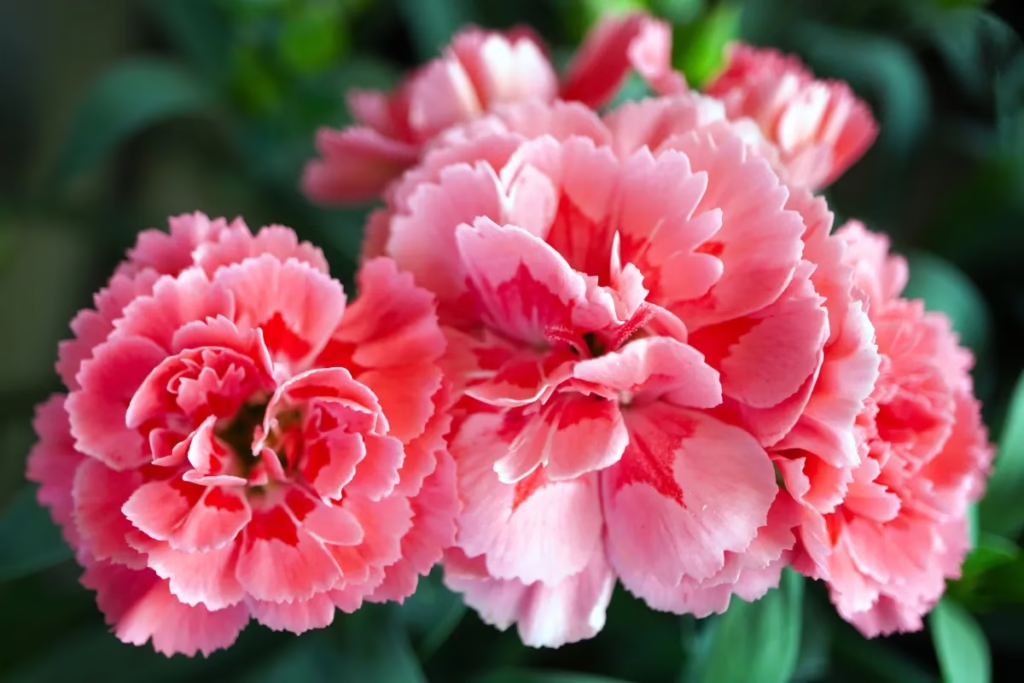
Found in gardens and used in floral arrangements, their appealing appearance and delightful fragrance make them highly desired. Known to stay fresh for extended periods, these charming petals with a romantic feel remain a perennial favorite. Still, when cats share the same area with these houseplants or garden flowers, pet owners must stay vigilant, as the plant carries risks to feline friends, being a toxic plant.
Are Carnations Poisonous To Cats?
The Carnation is a toxic plant for cats, though the poisoning is usually mild. Eating the stem, leaves, or petals can upset the digestive system, causing vomiting, diarrhea, and other clinical signs. As part of the Dianthus species, it holds triterpenoid saponins that may irritate the skin, stomach, or esophagus.
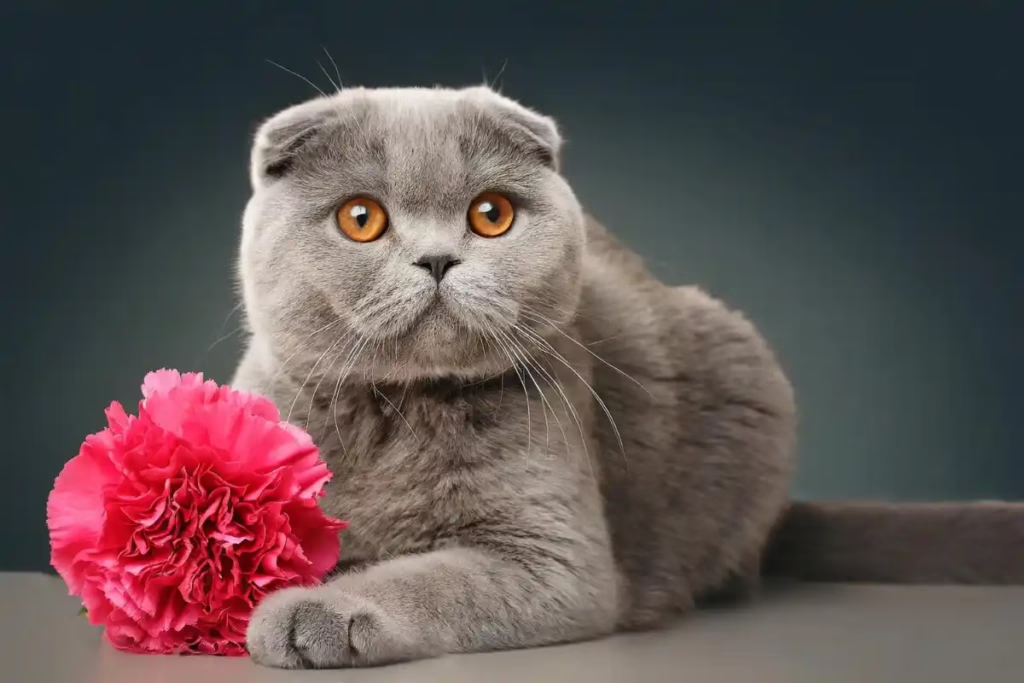
While no reports show a fatal feline case, pet parents should take it seriously. Keep these flowers away, monitor your companion closely, and maintain a safe environment so every home stays pet-friendly.
Related: Are Money Trees Toxic to Cats
What Makes Carnations Toxic for Cats?
A Carnation may seem harmless, but for cats and a feline companion, if they ingests any parts of the plant like the stem, leaves, petals, pollen, or seeds, it can lead to toxicity. This toxic flower, as many experts believe, contains steroidal saponins present in members of the Caryophyllaceae family.
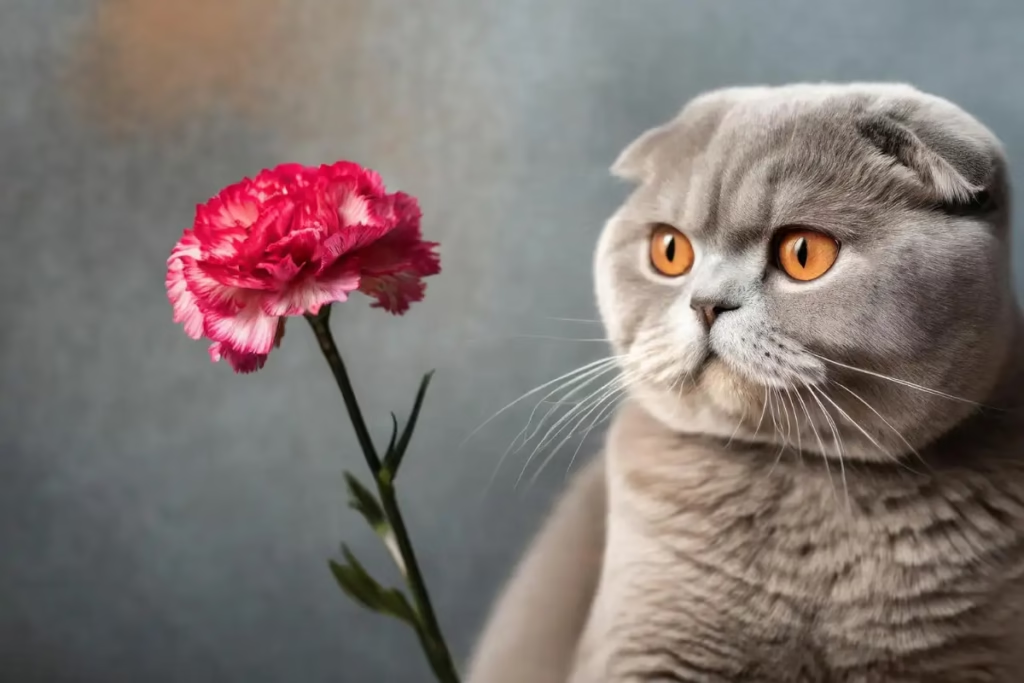
These culprits are plant compounds, glycosides derived from pentacyclic oleanane, and may potentially cause significant intoxication in mammals, creating a risk for pets. If the skin comes in contact with plant sap, it might develop dermatitis with symptoms of common irritation. To maintain a pet safe environment and eliminate toxin exposure, it is advisable to keep these blooms away from a furry friend.
Since caused ingestion has no exact content and stays unknown, the toxic component glycoside remains serious. It often leads to an allergic reaction, and the irritant source may trigger gastrointestinal upset when associated with repeated eating.
Symptoms of Carnation Poisoning in Cats
When cats nibble on a carnation, they may face poisoning that’s usually mild but still worrying for any pet parents. The plant carries toxic sap with triterpenoid saponin, which can cause both stomach trouble and skin irritation.
Common symptoms include:
- Vomiting and diarrhea from gastrointestinal upset
- Dehydration, weakness, and reduced or decreased appetite
- Dermatitis on the lips, mouth, or skin that looks reddened, swollen, or irritated in appearance
- Short-lasting episodes of discomfort, usually short-lived for only a few hours
- Risk of toxin exposure if more material is consumed or ingested again
Most feline reactions are temporary, but keeping these blooms out of reach makes the home safe for every companion, whether dog or cat, protecting the whole household and your furry friend.
Related: Is ZZ Plant Toxic to Cats?
Diagnosis of Carnation Toxicity in Cats
When a feline shows clinical signs like vomiting or diarrhea, the veterinarian begins the diagnosis by ruling out other causes that might mimic carnation poisoning. This usually starts with a physical examination, review of the cat’s medical history, and a consultation with the pet owner. Sharing details about recent exposure and changes in behavior is crucial for narrowing down the condition.
Common diagnostic tests
These diagnostic tests help confirm if toxicity from carnations is the real issue, or if another underlying severe illness is responsible. A thorough and reliable approach allows the vet to use elimination and experience to reach an accurate finding, giving the best chance of protecting the health of your companion cat.
Treatment of Carnation Harmness in Cats
If a cat gets into a carnation the poisoning is usually mild but proper treatment helps keep felines safe. The body can clear some toxin with vomiting and passing particles through waste though veterinary attention may be needed to induce extra fluids. An emetic drug that encourages vomiting with intravenous support can be administered at a visitation.
Medication may coat the stomach and reduce irritation from sap. The regimen involves checking the condition since it is moderate with no antidote, letting the cat naturally eliminate toxins with proper care. The vet may give medicine to protect the gut and alleviate discomfort. Supportive remedies are suggested, including extra water for dehydration to flush toxins.
Hospitalization is rarely needed and usually unnecessary unless severe or prolonged symptoms occur. A short stay may help before going home the same day with appropriate care. If a cat has ingested something harmful, don’t hesitate to seek professional help to protect health and well-being and make the right choice to solve the problem quickly in a few hours.
Related: Is Cordyline Toxic to Cats?
Recovery of Carnations Poisoning in Cats
If your cat eats a carnation the poisoning is usually mild and recovery is good. Most cases are moderate as their bodies naturally eliminate toxins through vomiting and waste. Keep an eye on their condition and give plenty of water to prevent dehydration and flush the toxin from the body. Your veterinarian may suggest gentle supportive care, medications for stomach discomfort or intravenous fluids if the case is severe.

Most cats go home quickly to a familiar low stress environment. Watch symptoms, follow vet advice, and give proper attention so your feline can return to normal activities. Encourage them to consume extra water if they ingested a larger amount and always consult if they consumed the plant or repeated consumptions since higher toxic intake may cause serious consequences or a harmful result.
Alternative Safe Flowers for Pet Owners
If you love flowers but worry about your cats, there are many ASPCA-approved non-toxic flowers that are safe for your furry friends. As a flower and pet lover, I know it’s possible to enjoy blooms at home without risking your pet’s well-being. Here are some safe, beautiful options you can bring into your home.
Roses
Roses are a classic favorite. Trim the thorns and they’re completely safe for cats. They add timeless elegance to a vase and can brighten your space year-round, giving you beauty without worry.
Orchids
Orchids are graceful and long-lasting. They thrive indoors with indirect light and moderate care. Their exotic look makes your home feel elegant, and they’re completely safe for cats.
Sunflowers
Sunflowers are cheerful and brighten any space. Their tall, golden faces bring warmth and fun. Most importantly, they’re safe for your cats to brush against or even nibble, giving you peace of mind.
Gerbera Daisies
Gerbera daisies are non-toxic to cats and give a colorful pops touch to your home. With bright shades from bold reds to sunny yellows, they make your space happy and lively.
Snapdragons
Snapdragons are playful and charming. If a curious cat takes a gentle bite on it, still it’s soft petals are harmless which makes them perfect for pet owners who want beauty without risk.
Zinnias
Zinnias are hardy, durable, and colorful. They thrive in gardens or indoors, with a long blooming season and stunning cut arrangements. They let pet lovers enjoy vibrant displays without worry.
Related: Prayer Plant Toxic to Cats – A Pet-Friendly Guide
How to Live Together with Carnations and Cats
Cats are addicted towards the beauty of carnation while carnation has poisnous behavior. Still, You do not need to choose between carnations (Dianthus caryophyllus) and a cats. Just apply a few clever tricks:
- High placement: Place bouquets on high shelves, hanging planters, or closed rooms.
- Protective covers: Apply glass cloches or terrariums to blockade the access.
- Safe distractions: Give your pet cat grass (Dactylis glomerata) or catnip (Nepeta cataria) so that it forgets about flowers.
- Blend with safe flowers: Combine with non-toxic varieties such as roses (Rosa spp.), orchids (Orchidaceae), or sunflowers (Helianthus annuus).
- Training + play: Distract with toys or reinforcement.
In this manner, you get to have carnations without endangering feline health, ensuring your home is safe and lovely.
Related Post for Pet Owners: Reasons Why Are Dogs Better Than Cats | Pets Combat
Final Thoughts
When it comes to cats and carnations, a little caution goes a long way. Even mild toxicity can adversely affect our furry friends, so avoid letting them ingest any part of a toxic flower, including petals, leaves, or stems. This can result in moderate poisoning, causing symptoms like vomiting and diarrhea, though most cases are not life-threatening and often resolve in a few hours.
It’s better to be careful and choose safety. Responsible pet parents should keep these flowers out of reach and choose non-toxic, pet-friendly alternatives, ensuring their feline companions remain happy, healthy, and safe. Pick attractive bouquet flowers like pet safe flowers, roses, or orchid that are long-lasting, pretty, and cautious, so owners can opt, pass, or make mindful choices in a way that protects pals from harm, sick reactions, or mildly toxic plants.

